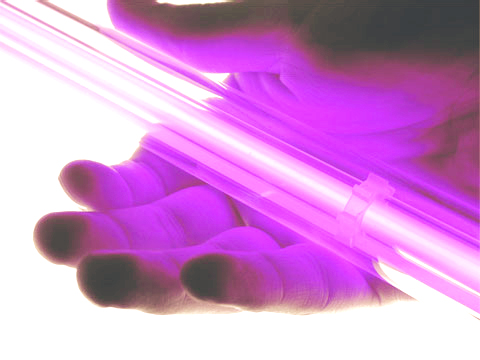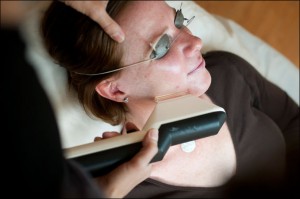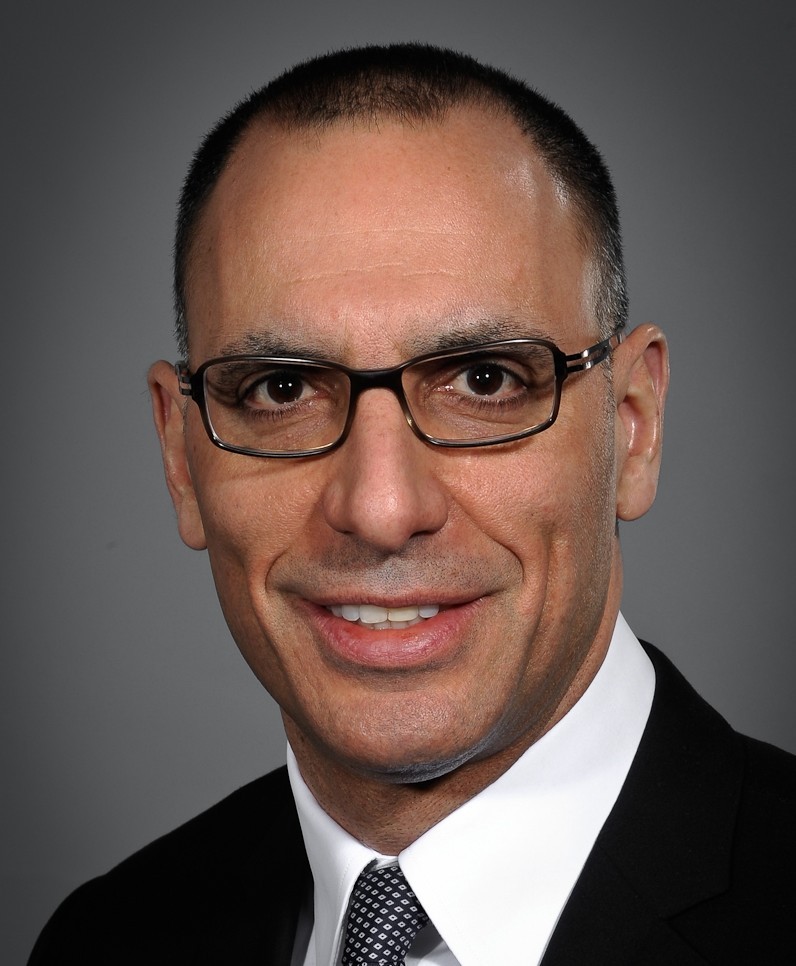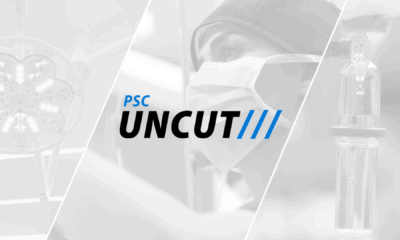
Patients know scars are one of the biggest downsides to having any type of invasive surgery. Unfortunately, scars can be apparent for a long time before they start fading and become less noticeable. Luckily, there are new ways to speed up the process of scar healing and even better ways to make them fade. Board certified plastic surgeons Dr. Jason Pozner of Florida and Dr. Stafford Broumand from New York discuss the most effective ways to treat your post-operative scars.
By Jason Pozner, MD & Stafford R. Broumand, MD
and Susan Kamyab
ThePlasticSurgeryChannel.com
Lasers Zap the Scars Away!

IPL stands for Intense Pulsed Light. This device is used to perform all sorts of skin treatments, including hair removal, wrinkles, and other skin conditions. IPL develops specific wavelengths of light to target the different skin discolorations.
Benefits of Treating Scars with a Laser:
- Dramatically improves the appearance of scars
- No anesthesia required
- Lowers risk of infection
- Minimally invasive
- Minimal pain during procedure
- Quick recovery time
Taking the Tension Off the Scar
Lasers can be a great device for treating scars, but their usefulness is still being tested and developed, and they’re not widely available across the country. Alternative techniques, some of which have been tested for many years with legitimate results, help scars to heal by creating the right environment for the scar to heal naturally. One of these methods is to take the tension off the scar. “Whether it’s with taping, silicone sheeting, or silicone gel, you can get a great outcome without having to use lasers,” explains Dr. Broumand. “By just creating the proper environment while the scar heals, you actually can have an incredible result.”
Silicone sheets flatten and soften scars to a huge extent. Coloring also improves, going from a bright red to a more skin-tone, allowing the scar to blend in. Clinical studies have also proven the effectiveness and safeness of silicone sheet technology and silicone gel for the treatment and prevention of scars.
Don’t let Scars Scare You
The good news? The toolbox for plastic surgeons continues to expand, allowing patient’s unique situations to be met with different devices. There is no one trick that serves all. Lasers and silicone sheeting can pair together to give patients the best possible outcome. By utilizing different techniques, board certified plastic surgeons can tailor a scar treatment regimen for each individual patient to achieve the best possible result.







Facebook
Twitter
Instagram
YouTube
RSS